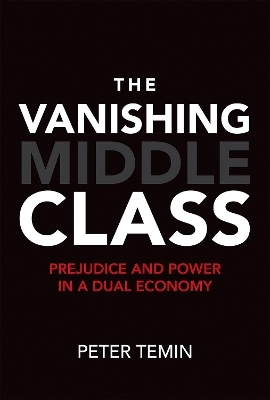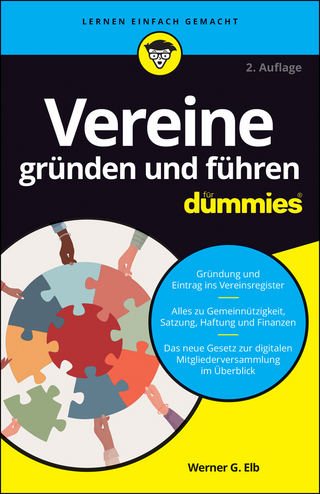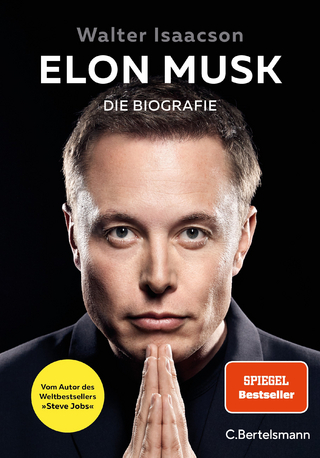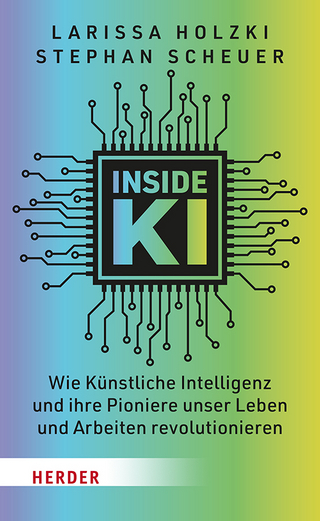
The Vanishing Middle Class
Prejudice and Power in a Dual Economy
Seiten
2017
MIT Press (Verlag)
978-0-262-03616-0 (ISBN)
MIT Press (Verlag)
978-0-262-03616-0 (ISBN)
- Titel ist leider vergriffen;
keine Neuauflage - Artikel merken
Why the United States has developed an economy divided between rich and poor and how racism helped bring this about.
The United States is becoming a nation of rich and poor, with few families in the middle. In this book, MIT economist Peter Temin offers an illuminating way to look at the vanishing middle class. Temin argues that American history and politics, particularly slavery and its aftermath, play an important part in the widening gap between rich and poor. Temin employs a well-known, simple model of a dual economy to examine the dynamics of the rich/poor divide in America, and outlines ways to work toward greater equality so that America will no longer have one economy for the rich and one for the poor.
Many poorer Americans live in conditions resembling those of a developing country-substandard education, dilapidated housing, and few stable employment opportunities. And although almost half of black Americans are poor, most poor people are not black. Conservative white politicians still appeal to the racism of poor white voters to get support for policies that harm low-income people as a whole, casting recipients of social programs as the Other-black, Latino, not like "us." Politicians also use mass incarceration as a tool to keep black and Latino Americans from participating fully in society. Money goes to a vast entrenched prison system rather than to education. In the dual justice system, the rich pay fines and the poor go to jail.
The United States is becoming a nation of rich and poor, with few families in the middle. In this book, MIT economist Peter Temin offers an illuminating way to look at the vanishing middle class. Temin argues that American history and politics, particularly slavery and its aftermath, play an important part in the widening gap between rich and poor. Temin employs a well-known, simple model of a dual economy to examine the dynamics of the rich/poor divide in America, and outlines ways to work toward greater equality so that America will no longer have one economy for the rich and one for the poor.
Many poorer Americans live in conditions resembling those of a developing country-substandard education, dilapidated housing, and few stable employment opportunities. And although almost half of black Americans are poor, most poor people are not black. Conservative white politicians still appeal to the racism of poor white voters to get support for policies that harm low-income people as a whole, casting recipients of social programs as the Other-black, Latino, not like "us." Politicians also use mass incarceration as a tool to keep black and Latino Americans from participating fully in society. Money goes to a vast entrenched prison system rather than to education. In the dual justice system, the rich pay fines and the poor go to jail.
Peter Temin is Professor of Economics Emeritus at MIT. He is the coauthor of Keynes: Useful Economics for the World Economy (MIT Press) and of The Leaderless Economy.
| Erscheinungsdatum | 07.04.2017 |
|---|---|
| Reihe/Serie | The MIT Press |
| Zusatzinfo | 7 figures; 7 Illustrations, unspecified |
| Verlagsort | Cambridge, Mass. |
| Sprache | englisch |
| Maße | 152 x 229 mm |
| Themenwelt | Sachbuch/Ratgeber ► Beruf / Finanzen / Recht / Wirtschaft ► Wirtschaft |
| Sozialwissenschaften ► Soziologie ► Makrosoziologie | |
| Wirtschaft ► Volkswirtschaftslehre ► Makroökonomie | |
| Wirtschaft ► Volkswirtschaftslehre ► Wirtschaftspolitik | |
| ISBN-10 | 0-262-03616-9 / 0262036169 |
| ISBN-13 | 978-0-262-03616-0 / 9780262036160 |
| Zustand | Neuware |
| Haben Sie eine Frage zum Produkt? |
Mehr entdecken
aus dem Bereich
aus dem Bereich
wie Künstliche Intelligenz und ihre Pioniere unser Leben und Arbeiten …
Buch | Softcover (2024)
Verlag Herder
18,00 €


